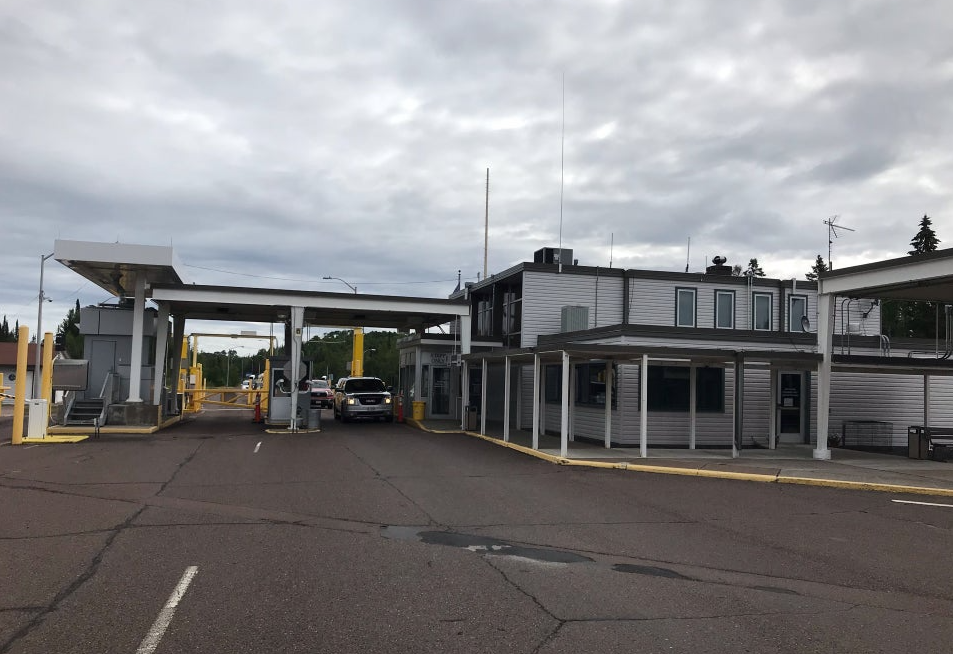GRAND PORTAGE, Minnesota — For the first time in over one and a half years, Thunder Bay residents are able to cross the border at Pigeon River on non-essential business.
At least for the time being, however, it's likely that few people – aside from snowbirds heading for Florida, Texas or Arizona – will take advantage of the opportunity.
The United States reopened its land crossings on Monday, but Canada requires returning Canadians to show proof of a negative molecular COVID-19 test, such as a PCR test, taken within the previous 72 hours.
Tests can cost as much as $200 to $300 per person.
Ryden's Border Store, on the U.S. side of the Pigeon River, was happy to welcome some returning customers, particularly in the earlier part of the morning.
Manager Jaime Spry said "I think a lot of people got moving pretty early. From what I heard from the border guards, there was a rush at 2:30, 3 o'clock. Maybe we should have opened our doors earlier."
Spry added, however, "We did get a few people that were actually coming in to pick up packages, making a trip of it, going for a day or two to Duluth."
Calling the border opening a step in the right direction, he said "That's nice. We hadn't seen that in a year and a half, other than businesses being able to come down. It was different. It was busy for awhile."
Spry said Canada's requirement for an expensive test may keep traffic down for awhile, but he hopes the government will soon change that.
He's not alone.
The mayors of several border cities in Southern Ontario expressed annoyance with Ottawa, pointing out that PCR tests likely won't detect COVID-19 if it was contracted during a brief visit.
That's because it can take three to five days to get a reliable test result after exposure.
Federal officials have said they are re-examining the testing requirement.
The government allows travellers to get tested in Canada before staying up to 72 hours in the U.S. and then presenting their negative Canadian test to re-enter the country.
“I’m not sure I understand the rationale for testing travellers who are going to the U.S. for a very short trip,” Dr. Irfan Dhalla, co-chair of a federal advisory panel on COVID-19 testing and screening, said Friday in a Canadian Press report.
Dhalla suggested that if there's concern a traveller might become infected in the US, it would make more sense to take a test a few days after returning to Canada, given the incubation period of the virus.
Spry said about 90 per cent of the Canadians he saw at Ryden's store on Monday were headed south to spend the winter.
Others were staying on the U.S. side for just a short visit, "and they did talk about the test, and had already made plans for that. One woman was picking up her packages, then going to Grand Marais for two nights, and she already had her test done in Thunder Bay."
Spry said the customer mentioned the cost of the test, but indicated she was okay with it because it was her first chance to visit the U.S. after a prolonged and enforced absence.
